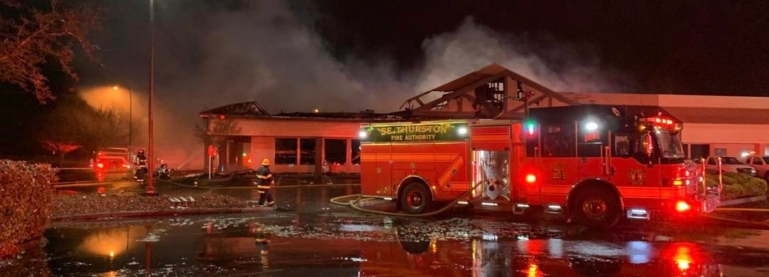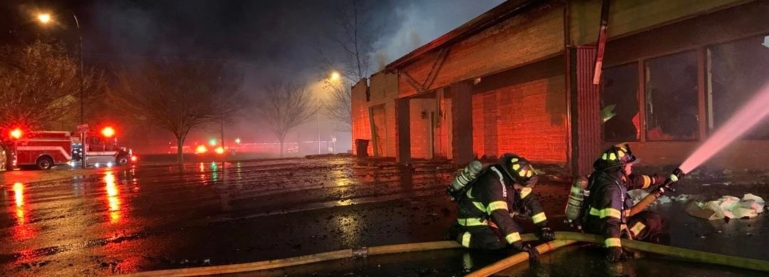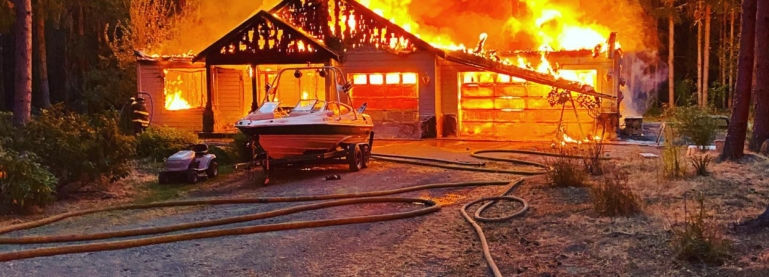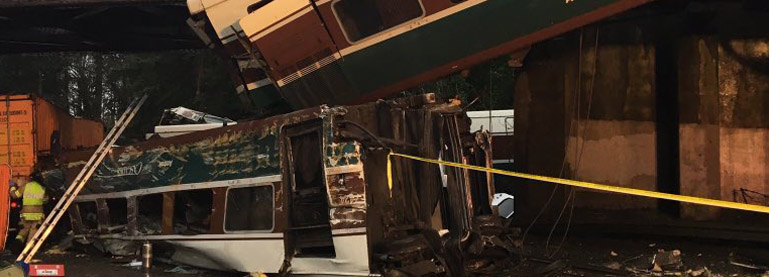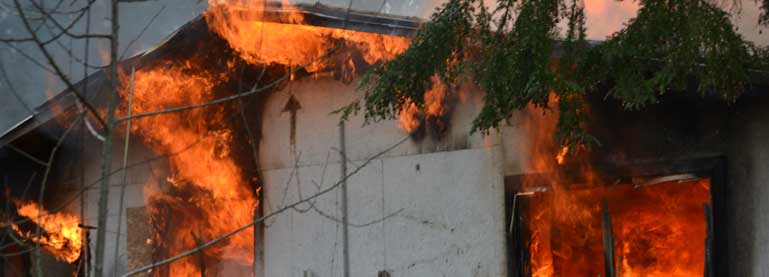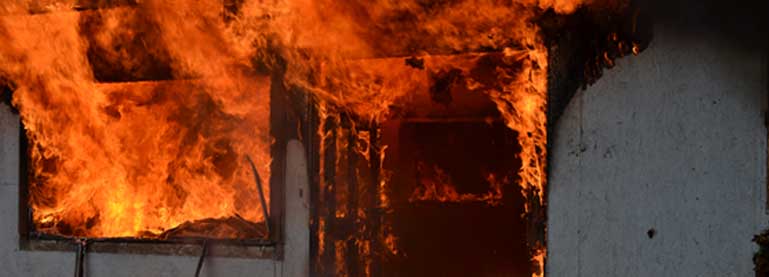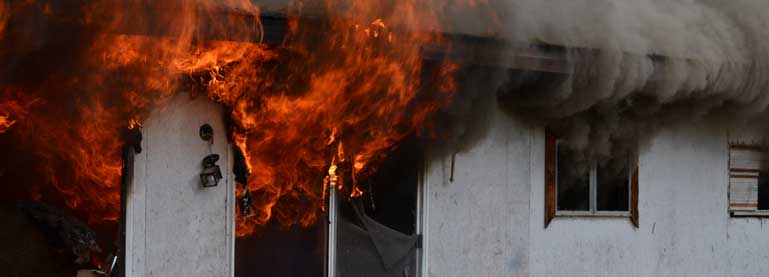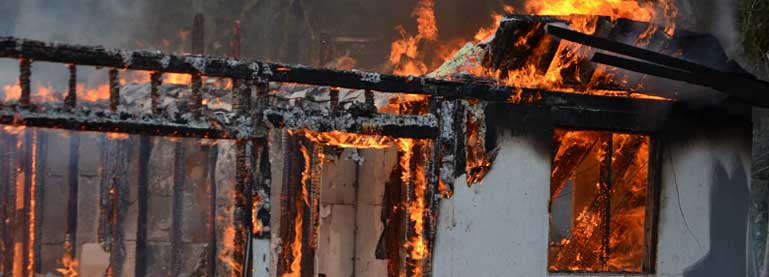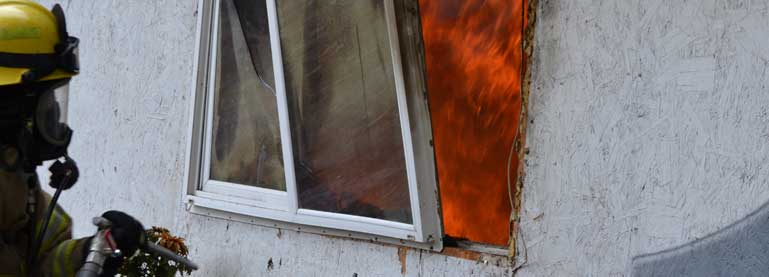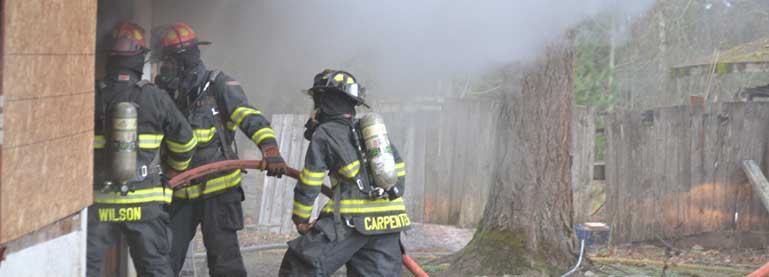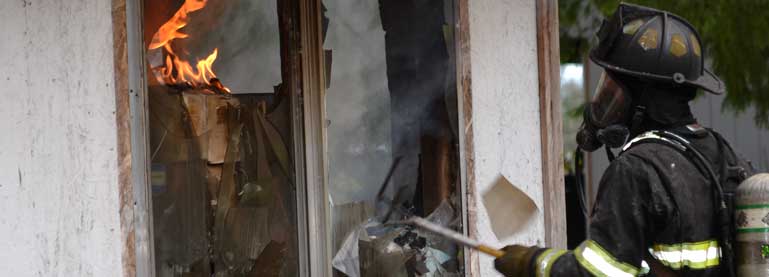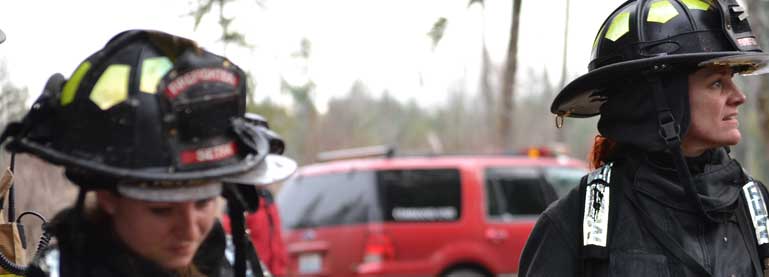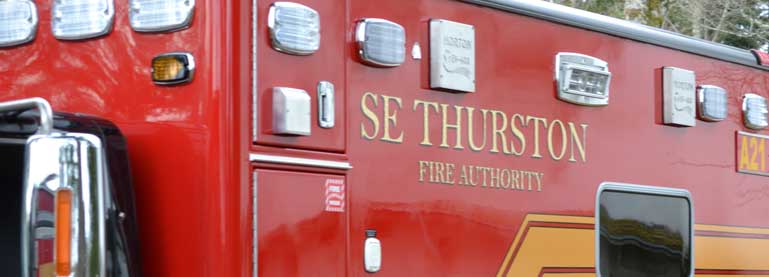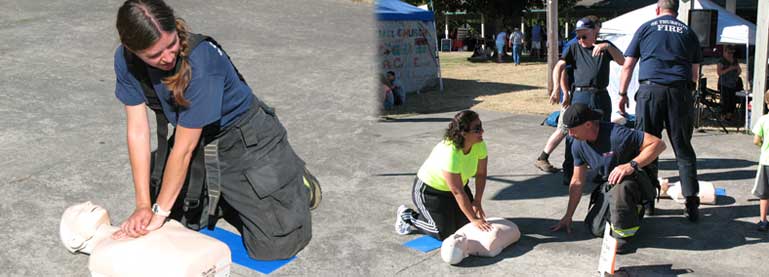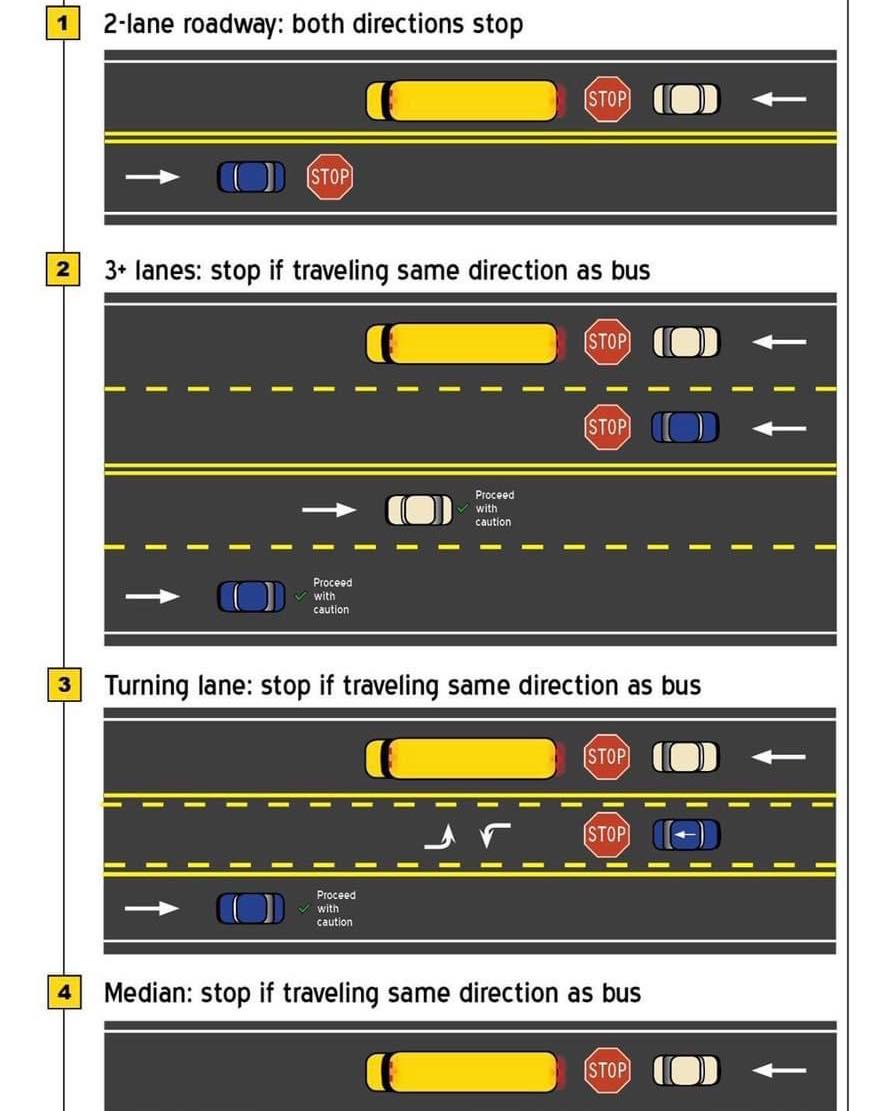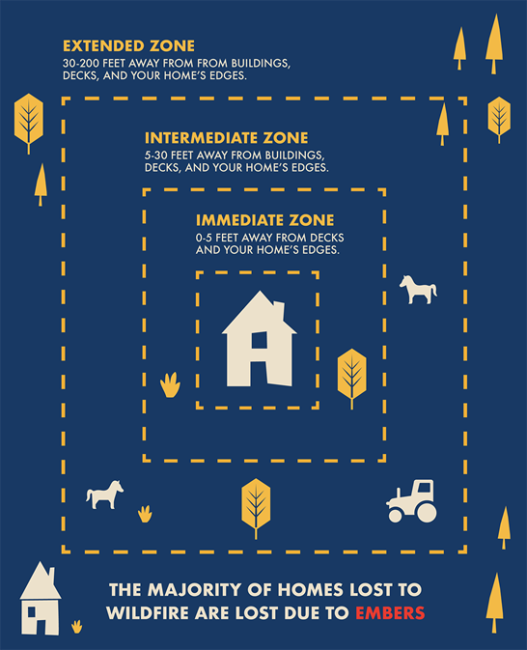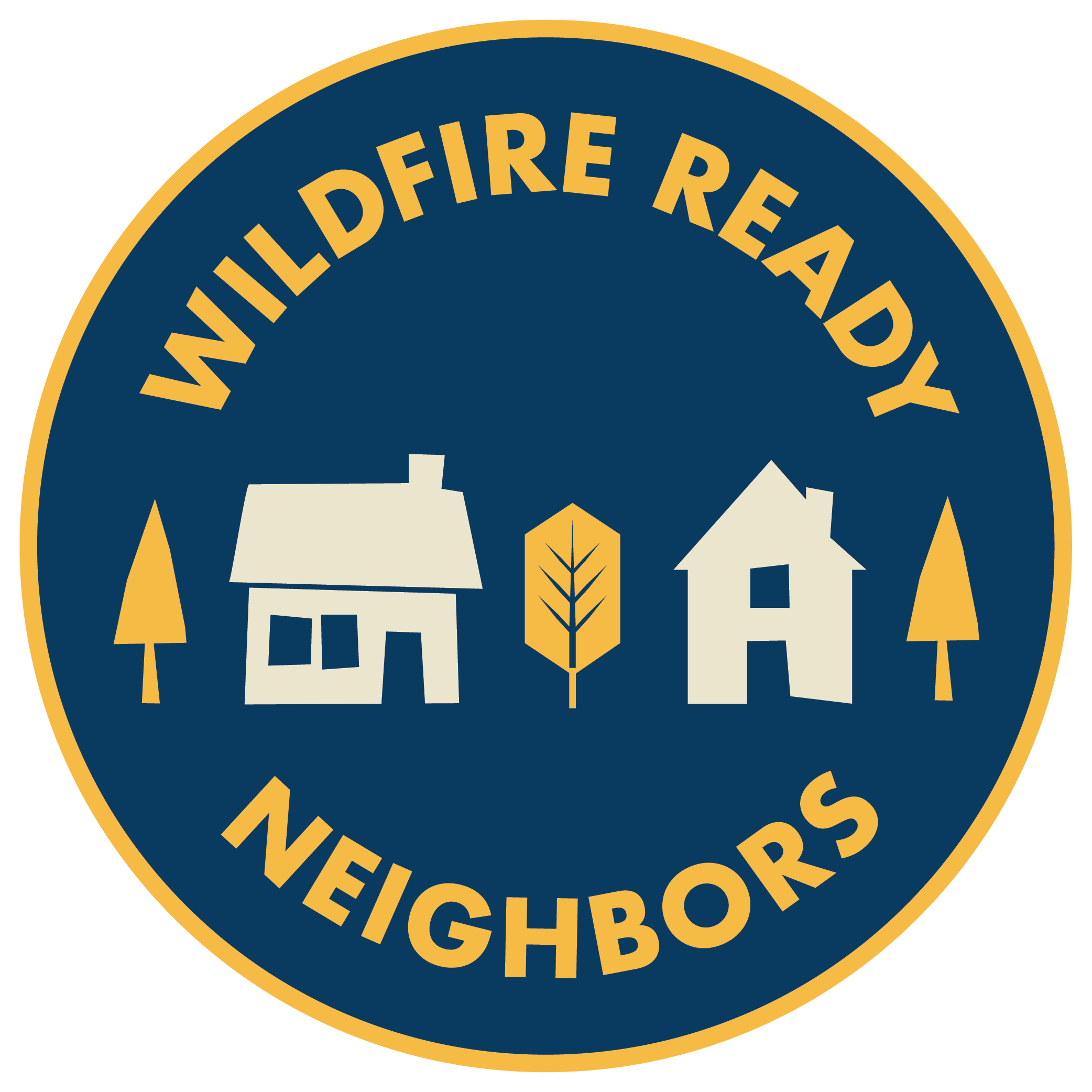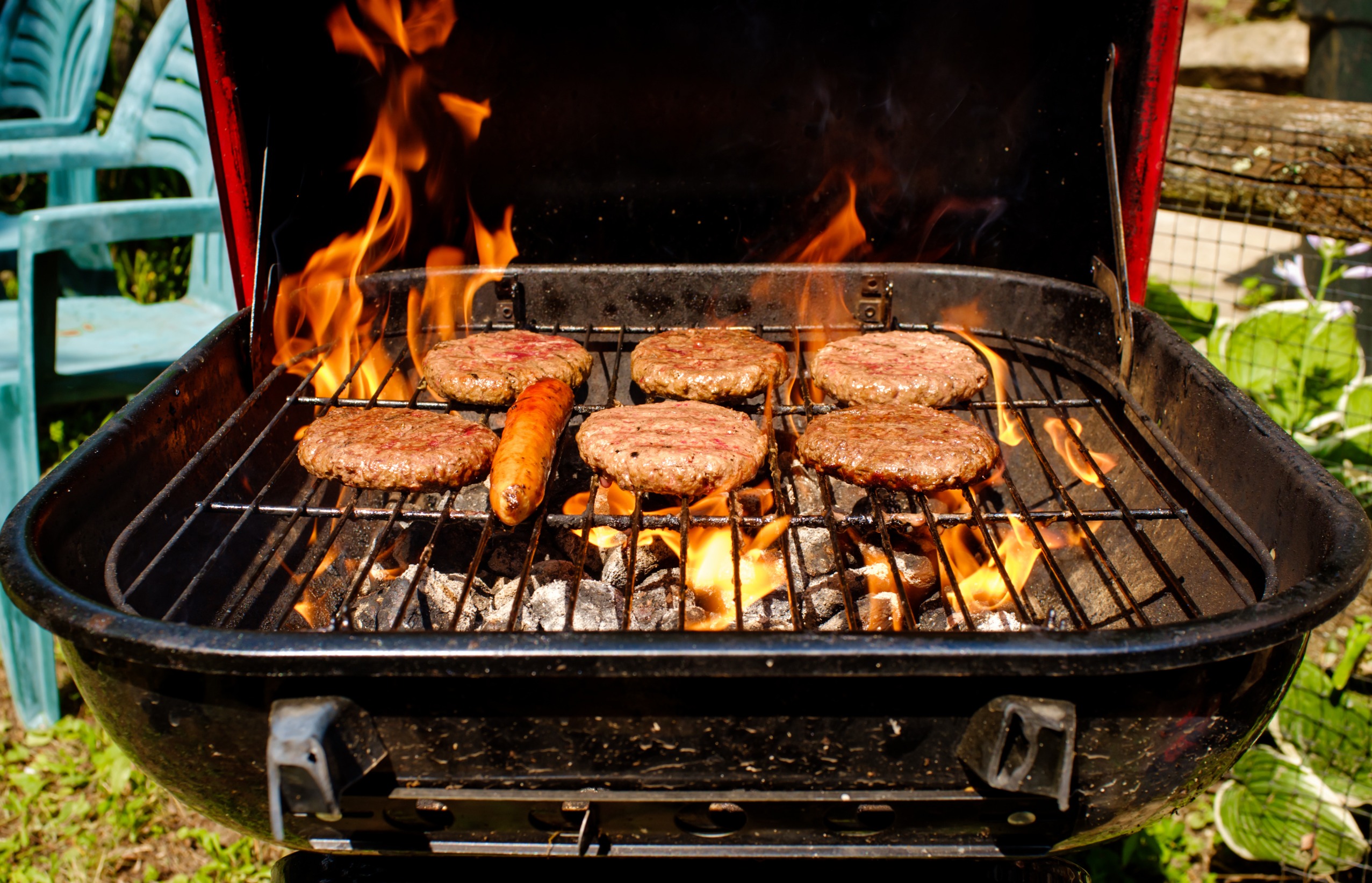Did you know?
You are at higher risk of having a clothes dryer fire if you don’t clean your lint filter and dryer vents.
Follow these simple safety tips to prevent a clothes dryer fire in your home.
- Have your dryer installed and serviced by a professional.
- Do not use the dryer without a lint filter. Clean the lint filter before and after each cycle.
- Do not forget to clean the back of the dryer where lint can build up.
- Check the venting system behind the dryer to make sure that it is not damaged, crushed or restricted.
- Make sure that the outdoor vent covering opens when the dryer is operating.
Click Here to Download Flyer
For more information and free fire-safety resources, visit www.usfa.fema.gov.

